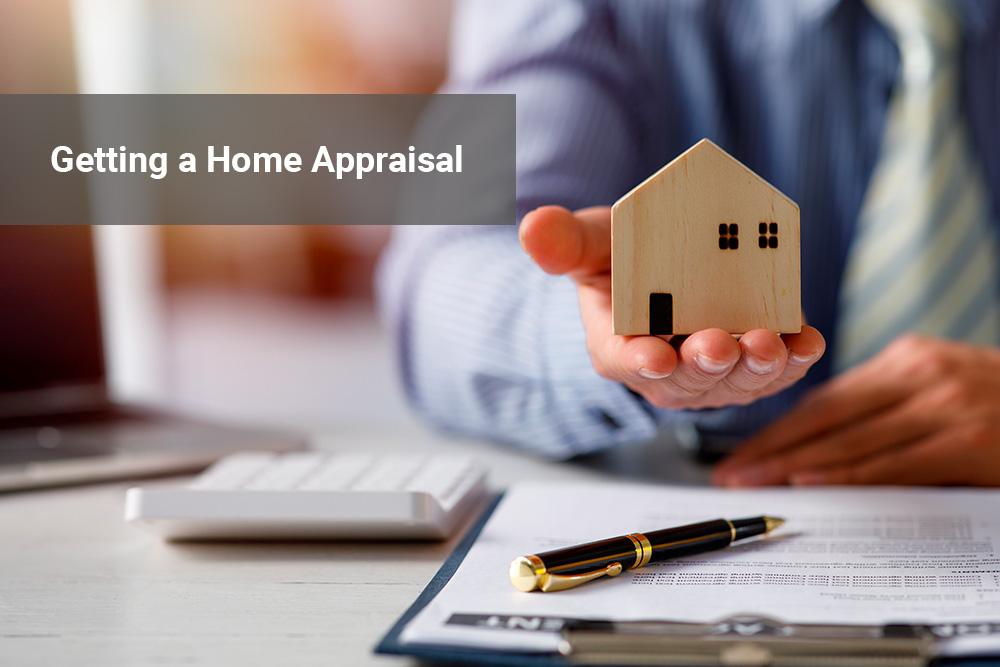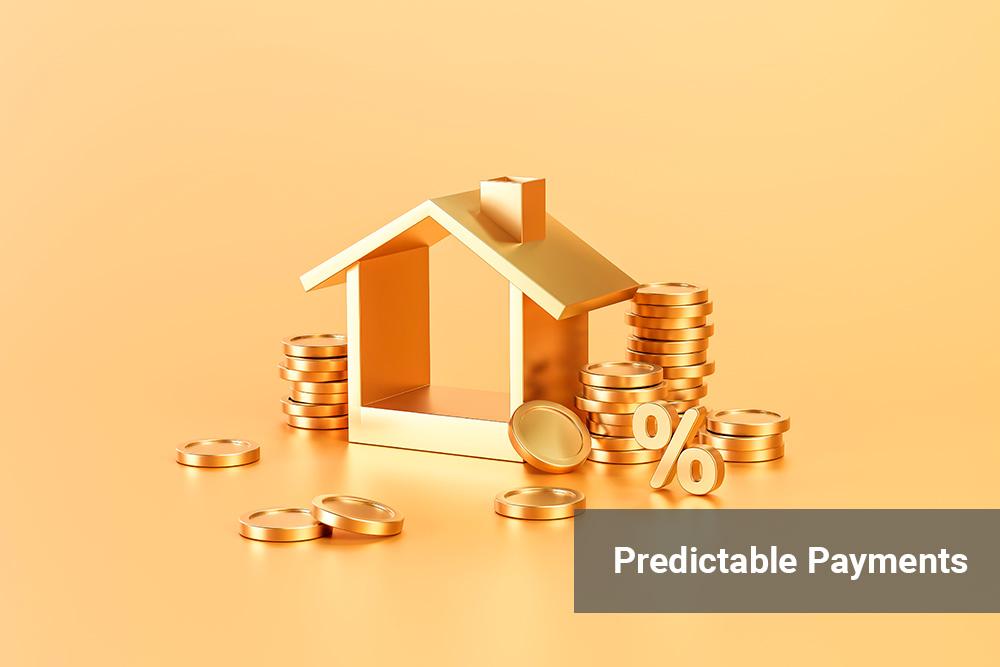The Pros and Cons of Home Equity Loans

Like anything else, home equity loans have pros and cons. Home loans allow you to borrow up to 85% of your home’s equity and use that money in various ways. However, if you default on your payments, the lender can foreclose on your home. A loan officer will explain how home loans work and the pros and cons to consider before getting one.
How do Home Equity Loans Work?
Understanding the terms and conditions of a Las Vegas loan can be confusing. However, a knowledgeable loan officer in Las Vegas can explain how loans work and help you determine if they’re a good choice based on your personal goals and financial situation. A home loan allows you to turn equity from your home into cash.
It is easy to apply for a Las Vegas loan at a credit union, bank, or lender. Equity can grow in multiple ways, including when the borrower pays their mortgage on time and when the real estate value in an area increases. The amount of cash you borrow for a home equity loan may vary based on several factors, including the home’s equity and personal financial factors. If a lender determines that you’re qualified to have a home equity loan, you will get more details about the loan amount, the interest rate, monthly payments, and the loan terms and conditions.
The Many Uses of a Home Equity Loan

One reason why homeowners like home equity loans is that they can be used for many things. How you use your loan is up to you, but it’s a good idea to use it only for financially significant matters. Many people use the funding to help spruce up their homes. Fixing up your home will increase its value, which can offset the downfall of incurring new debt in the process.
Paying down credit card debt is another popular use for home equity loans. Some people will use the proceeds from their home equity loan to lower their credit card debt, which can reduce the cost of the loan.
For parents with children, college expenses can also be lowered by home equity loans. These loans can be used to pay off college tuition costs, making education more affordable for children. However, experts advise against sacrificing your retirement income to finance a child’s education.
Investments are another possible option for using home equity. If you have an investment, you can use proceeds from your loan to start your own business or to purchase an investment property. While this might sound appealing, one crucial consideration is that if the investment tanks, how do you plan to repay the loan?
Debt consolidation is another advantage of taking out a loan. If you have high-interest debt, including student loans or a car loan, you may be able to pay off the debts using a home equity loan.
Getting a Home Appraisal

Generally, one advantage of an equity loan is that it is fast and easy to close compared to a mortgage. However, you’ll likely still need to have an appraisal on your home to determine its current value, which in turn helps you know your equity. To start, you’ll want to know how much money is owed on your mortgage. If you get monthly statements from a mortgage lender or servicer, the amount you still owe on the mortgage will be updated monthly. If you don’t get those updates automatically, you can always contact the loan servicer to ask about your current balance. The next step in figuring out your equity is determining how much your home is worth. One option is to get a full appraisal, which gives you an accurate number for the home’s value, but it also costs more than other appraisal methods.
There are several websites available as an alternative, including Redfin.com and Zillow.com. Both websites allow you to find the value of your home using automated valuation models, and a local property appraiser can also provide an estimate of your home’s value.
Tax Deductions
Everyone likes to maximize tax deductions, and home loans may help you do that. The Internal Revenue Service (IRS) may let you deduct the amount of interest that you pay on home equity debt. The interest that you pay on a home equity loan can be tax-deductible to a maximum amount of $100,000. However, while you can use money from a home equity loan in many ways, the money you write off for taxes in your loan must be used in specific ways. You must use the funds to “substantially improve” the property for which you used the loan. Since there are numerous limitations on what you deduct from your taxes, experts recommend speaking with a tax advisor to determine what you can and can’t deduct from your taxes.
Predictable Payments

People who like to have predictable monthly payments on their homes will appreciate home equity loans. Home equity loans have lower interest rates than other kinds of loans and generous loan repayment periods of 10-30 years. Remember that the longer you take to repay your home loan, the more you pay in interest. For instance, borrowing $30,000 with a six percent interest rate amounts to a total interest of $9,967 for a 10-year loan and $34,751 for a 30-year loan.
What are the Drawbacks of a Home Equity Loan?
While home equity loans have many advantages, there are also some negative aspects of these loans. One of the significant disadvantages – and one that tends to frighten many homeowners – is that you can lose your home if don’t pay the loan. If you fail to pay the loan, the lending financial institution can foreclose on the house since you are using your home as collateral. Changes in the home’s value can also affect the likelihood of defaulting on your loan. If your home’s value falls, you can end up owing more payments on your home than the home’s assessed value, which makes the home harder to sell.
Your credit score, which matters to some degree for a regular home loan, is especially important for an equity loan. Lenders look for prospective borrowers with excellent credit scores, and individuals with the highest credit scores tend to receive the most competitive rates.
Before you take out a loan, you may want to consider how long you plan to stay in your home. If you decide to sell the house before the loan is paid off, you are responsible for paying the loan’s balance. Usually, you can use proceeds from the home’s sale to pay off your outstanding loans. However, if the home’s value decreases, or if you are already struggling to pay off other expenses related to your home, you may find yourself in a precarious financial situation. (Read more on home appreciation in real estate.)
Who Should Get a Home Equity Loan?
Home equity loans are ideal for specific segments of the home-owning population, but they may not be the best choice for everyone. People who need to cover the cost of significant home repair expenses or make major purchases may be good candidates for loans, pending other factors such as their credit rating and overall financial standing.
Contact a knowledgeable loan officer in Las Vegas today to find out more about home equity loans and if they’re the right choice for you.









